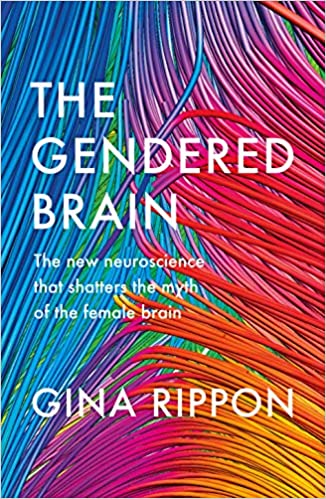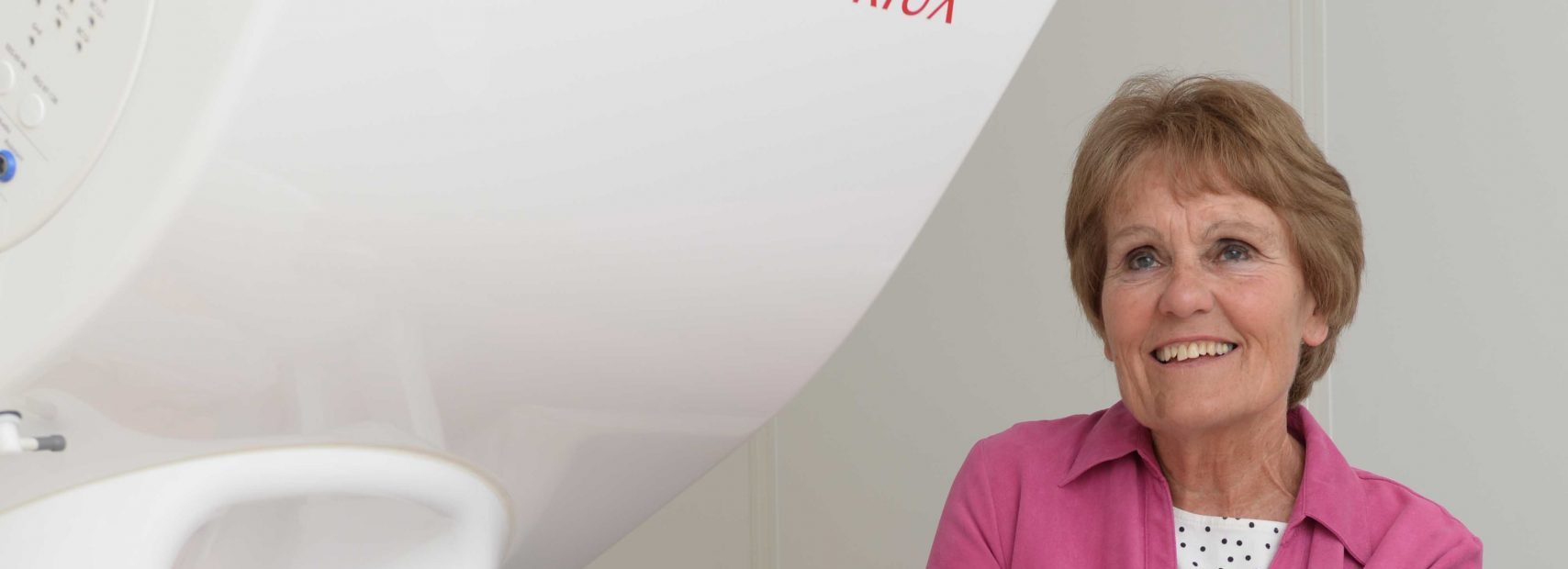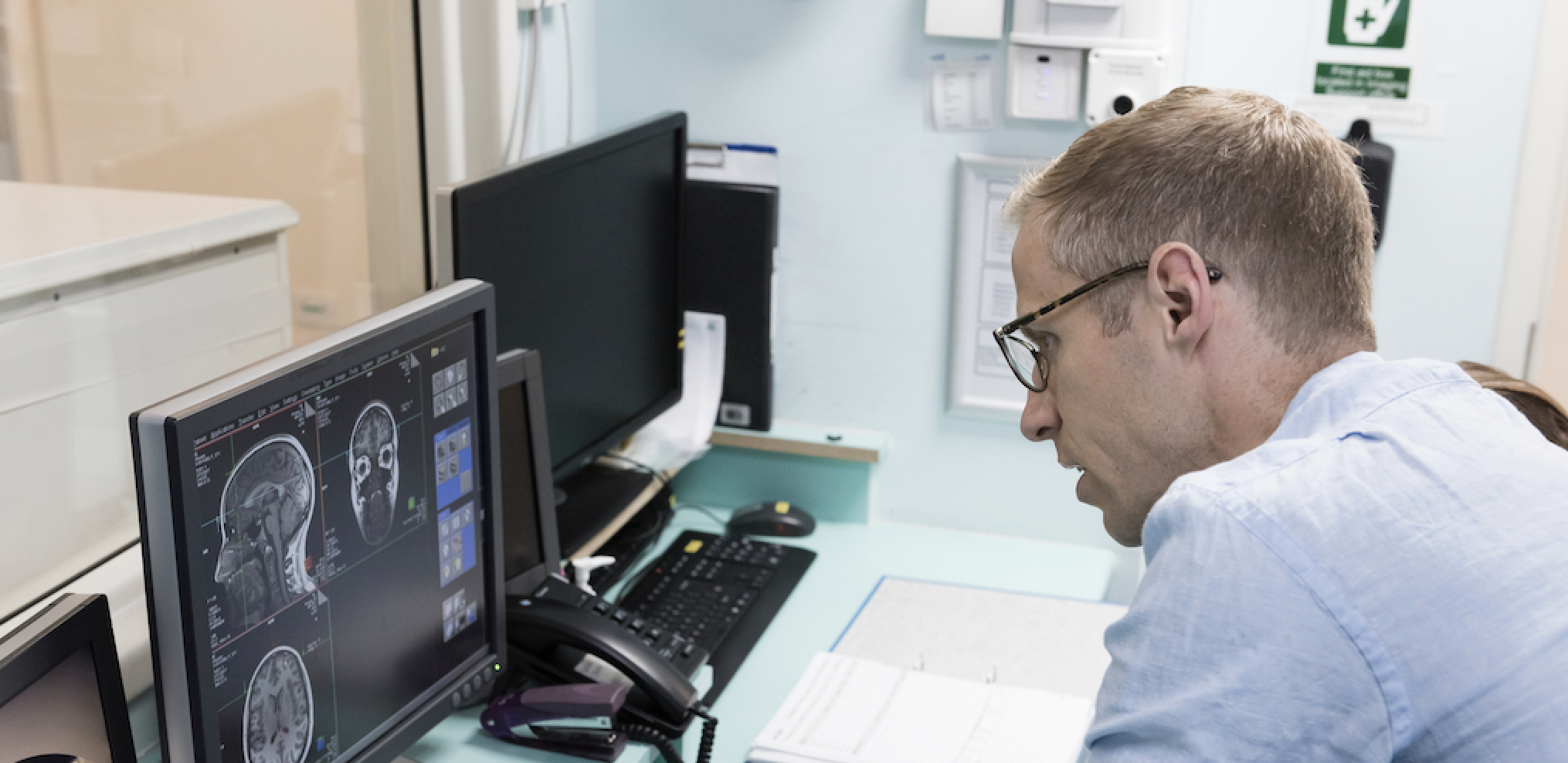Gina Rippon Keynote Speaker
- Emeritus Professor of Cognitive Neuroimaging at the Aston Brain Centre, Aston University, Birmingham UK.
- Author, 'The Gendered Brain: The new neuroscience that shatters the myth of the female brain' (2019)
- Outspoken critic of 'neurotrash', the mis-use of neuroscience that props up outdated gender stereotypes
Gina Rippon's Biography
Gina Rippon is Emeritus Professor of Cognitive Neuroimaging at the Institute for Health and Neurodevelopment, Aston University, Birmingham UK and a international expert on brain-imaging techniques. Her research career has involved state-of-the-art brain imaging techniques to investigate individual differences in the brain, especially in developmental disorders such as autism. She also explores the use of neuroscience techniques to investigate social processes, such as those associated with sex/gender differences in the human brain.
She is a speaker on gender, neuroscience, diversity and inclusion, and an outspoken critic of ‘neurotrash’, the misuse of neuroscience that props up outdated gender stereotypes.
She is on a mission to debunk ‘the Brain Problem’ myth that there is an intrinsic difference between male and female brains. Neuroscience research is frequently misused to ‘explain’ gender inequalities and perpetuate outdated stereotypes in terms of pre-programmed biology ignoring the equally brain-changing effects of social factors.
Gina authored ‘The Gendered Brain: The new neuroscience that shatters the myth of the female brain’ (2019) (published in the US as ‘Gender and Our Brains’), which was translated into six languages, and described by the Observer as “highly accessible… revolutionary to a glorious degree”. In the book she unpacks gender stereotypes and the impact they have on our brains.
She is an active member of several research groups dedicated to furthering gender equality, including an EU initiative on gender equality in research and innovation (GERI), the British Science Association’s All Party Parliamentary Group Inquiry into Equity in STEM, and she served on the Fawcett Society’s Commission investigating gender stereotypes in the early years. Gina is the Past President of the British Association for Cognitive Neuroscience and in 2015, and an Honorary Fellow of the British Science Association for services to the communication of science.
Gina’s expertise and insights are highly sought after. She has written for popular science outlets including New Scientist, Scientific American and The Conversation, among others. She has appeared on programmes including BBC’s Horizon, Start the Week, Woman’s Hour and The Infinite Monkey Cage, and took part in a two-part BBC documentary on gender stereotyping in primary schools, which is now widely used in teacher training material.
As a speaker, she has presented at Sydney Opera House, the UK Hay Festival, and delivered keynote addresses to the UK’s Cabinet Office, the Department for Education, the Government’s Gender Equality Unit and the EU Commission.
Gina’s new book – published in the UK as “The Lost Girls of Autism: How Science Failed Autistic Women and the New Research that’s Changing the Story” and in the US as “ Off the Spectrum:Why the Science of Autism has Failed Women and Girls” – is due to be released in April 2025. She presented on this topic to The Holtzbrinck Group Global Speaker Series in Aug.2024. The Springer Nature group published an interview with Gina about this work in Nov. 2024 (https://communities.springernature.com/posts/q-a-with-gina-rippon-on-autism-in-women). She is giving a keynote address at the 10th World Congress of Women’s Mental Health in Bangalore, India in March 2025.
Gina Rippon's Speaking Topics
-
How a Gendered World makes a Gendered Brain.
Drawing on insights from 21st century neuroscience, this talk explores centuries-old ideas on the differences between the brains and behaviour of females and males. Can brain scientists actually tell the differences between female and male brains? Gina offers answers that might surprise you.
-
The Neuroscience of Diversity and Inclusivity: Why Plastic Brains aren’t breaking through Glass Ceilings.
Gina explores the long historical debate around the 'biology is destiny' mantra that legitimises differences in gender roles and undermines diversity and inclusion initiatives. Gina outlines how 21st century neuroscience has revealed the power of the outside world in shaping our brains in ways that undermine individual expectations and achievements.
-
Women in Science: Where have all the Young Girls Gone?
In this talk, Gina examines how brain and behaviour can be affected by gendered stereotypes that lead to self-fulfilling prophecies of under-performance and dis-engagement, particularly within STEM. She shows how individuals and organisations can build defences against negative influences and ensure the success of diversity initiatives.
-
Baby brains: Pink, Blue or Fifty Shades of Grey Matter?
Baby brains: Pink, Blue or Fifty Shades of Grey Matter? In this talk, Gina explores brain myths and matters in the controversial world of sex and baby brains. Are we playing out a predetermined biological script, or are we looking at the brain-changing effects of a gendered world?
-
Neurosexism and NeuroTrash in Science: Misinformation and disinformation in sex differences research. Is Feminist Science the Answer?
A combination of misinformation, disinformation and the 'Hunt the Sex Difference' Agenda has led to poor scientific research and practice. Gina explores how our fixed beliefs in differences between ‘male’ and ‘female’ brains can hinder the research process, and what the solution to this might be.
-
The Lost Girls of Autism: How Science Failed Autistic Women and the New Research that’s Changing the Story
This talk describes how the unchallenged belief that ‘autism is a boy thing’ has led to autistic women being sidelined and overlooked for decades, ignored by biased diagnostic systems and an era of ‘men only’ autism research. The story of autism’s ‘male spotlight’ is also the story of how stereotypes can not only distort clinical and scientific research, but can also affect how the world treats neurodivergence.
Videos of Gina Rippon
Articles, Media & Podcasts
Books by Gina Rippon























